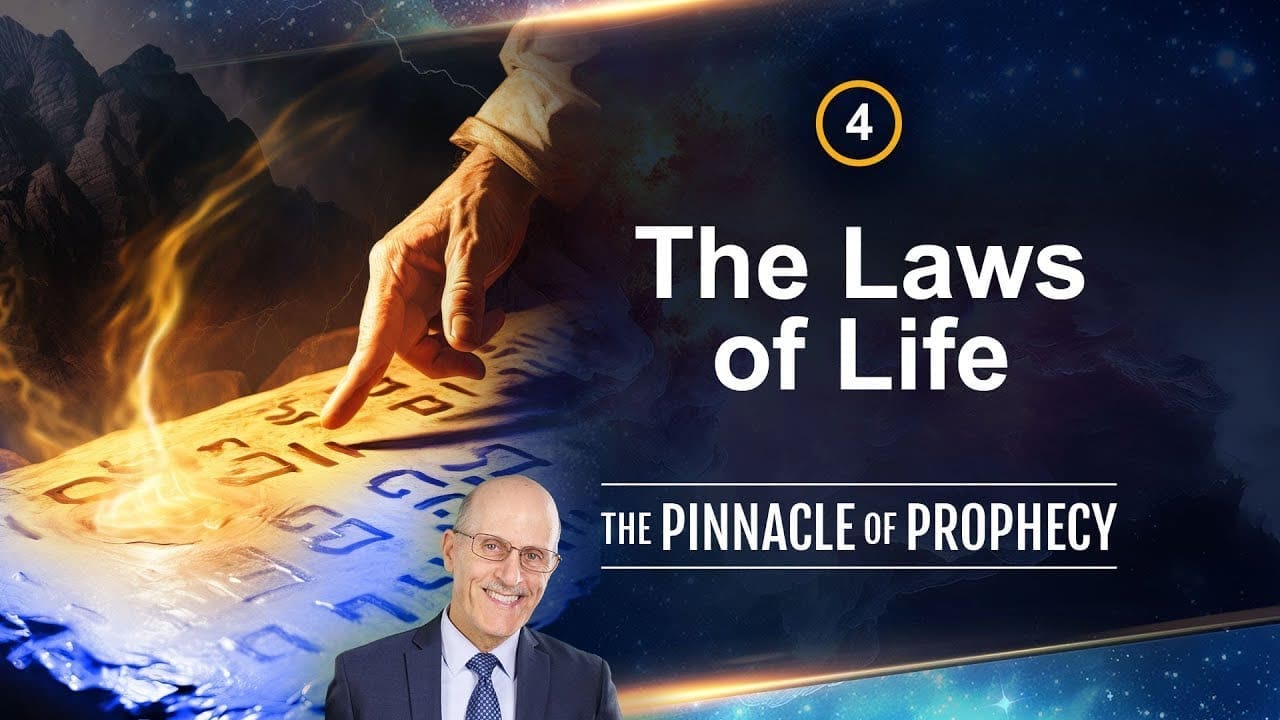Last month, Israel’s Jerusalem Post published a glowing review of Nehemia Polen’s book on the Sabbath, titled “Stop, Look, Listen: Celebrating Shabbos Through a Spiritual Lens.” The book offers a poetic exploration of how to observe the seventh day, known as Shabbos in Yiddish.
Polen’s book delves into the three directives in its title. Firstly, he emphasizes the foundational rhythm of Sabbath rest, signified by the Hebrew root word for Shabbat, meaning to rest or stop. This rhythm is seen in the biblical account of God resting on the seventh day after completing His work of creation. Polen suggests that by observing this rhythm, individuals are invited to pause and mark sacred time.
Secondly, Polen discusses the importance of looking at the world with fresh eyes during the Sabbath. Stepping away from the demands of daily life allows for a deeper appreciation of God’s creation and the beauty that surrounds us.
Lastly, Polen emphasizes the act of listening during the Sabbath. This involves being fully present and attuned to various forms of communication, such as the sounds around us, the voices of loved ones and wise teachers, the whispers of our own hearts, and the silence of the infinite.
While these concepts may seem lofty, especially in our modern society, Polen suggests that the Sabbath can provide a remedy to our love-hate relationship with digital devices. He argues that by setting aside time for Sabbath observance, individuals can create a space free from the dominance of technology. This intentional unplugging allows for freedom and serves as a reminder of the biblical Exodus from Egypt.
However, it is essential to consider the potential dangers of indiscriminate listening, including to one’s own heart. The Bible warns that the heart is deceitful, and caution is necessary in trusting its whispers. Instead, Scripture urges us to measure everything against the word of God, which serves as a guide and source of truth.
Moreover, Polen’s book presents an intriguing idea that the promise of the Sabbath is meant for all people, challenging the rabbinic tradition that restricts Gentiles from observing the Sabbath. The Sabbath was instituted at the end of creation, long before the existence of the Jewish people, and is intended for humanity as a whole. Recognizing this universal aspect of the Sabbath reinforces the idea that God desires a personal relationship with each individual.
Ultimately, the Sabbath serves as a way to hallow time and deepen our knowledge of God. It invites us to experience the matchless blessings of getting to know our Creator on a personal level. Exploring resources like “Sabbath Observance Honours the Creator” can help us embark on this journey of discovery.
This article contributed by Clifford Goldstein













